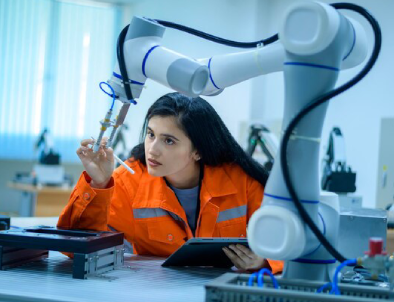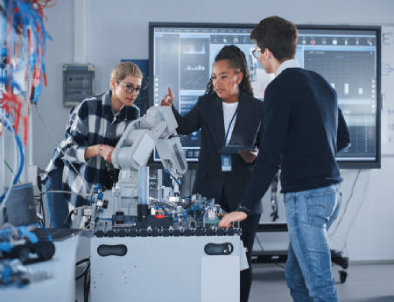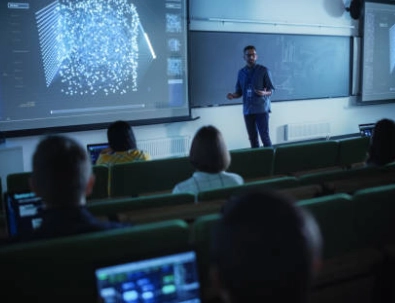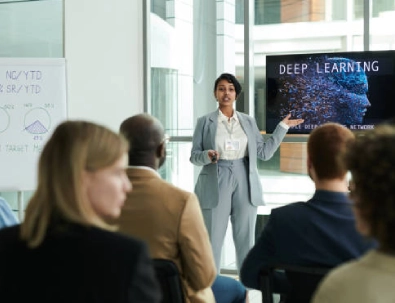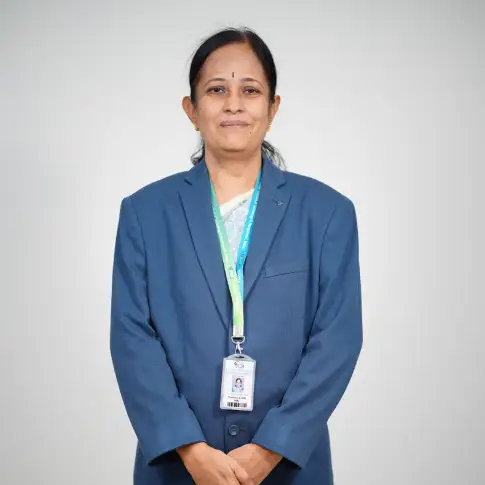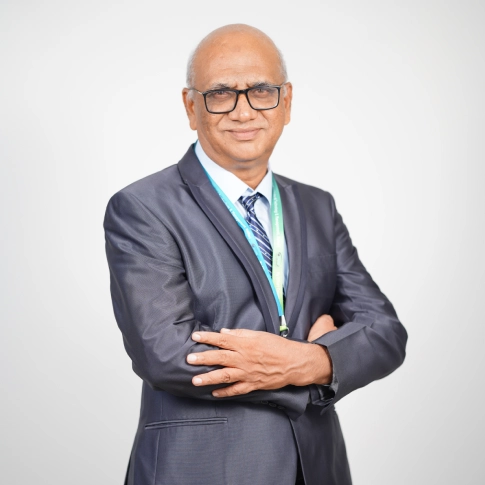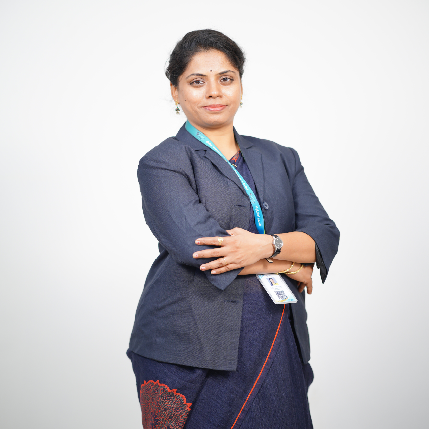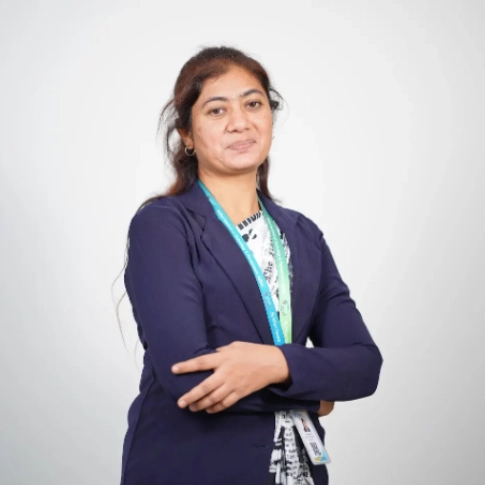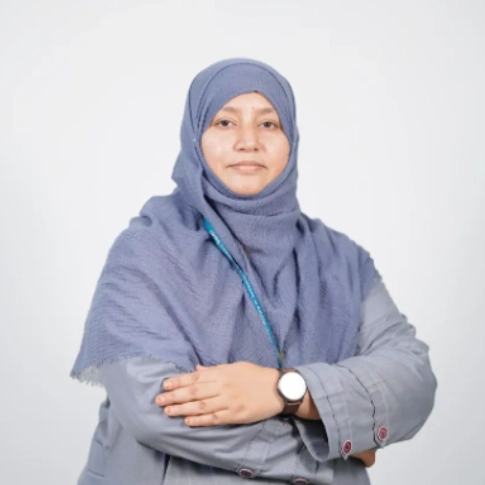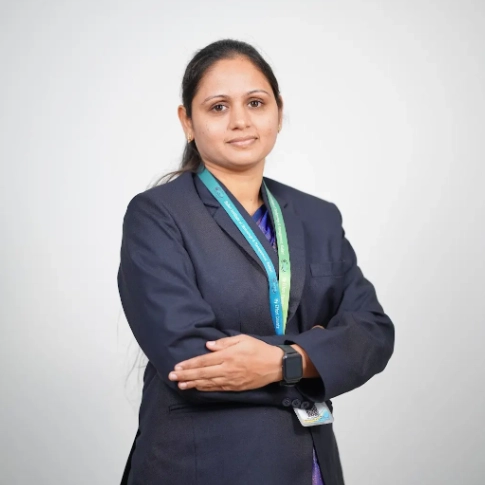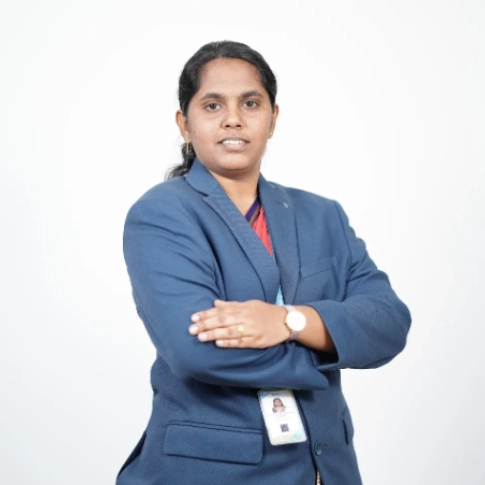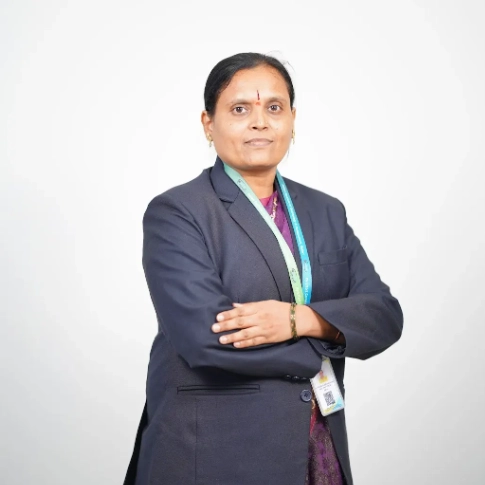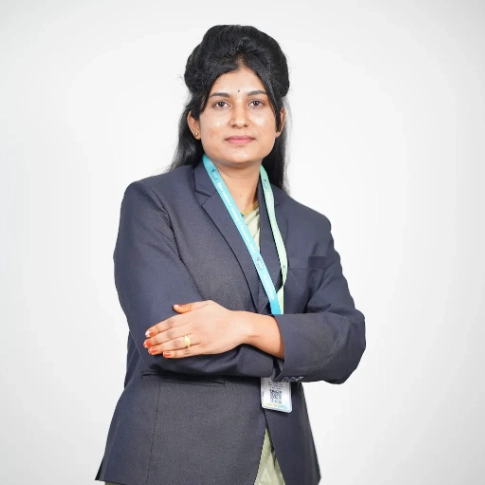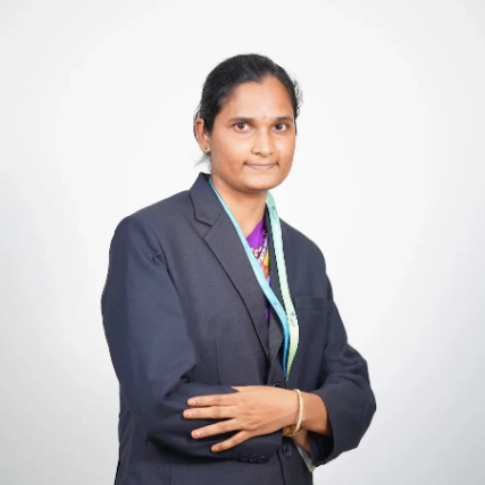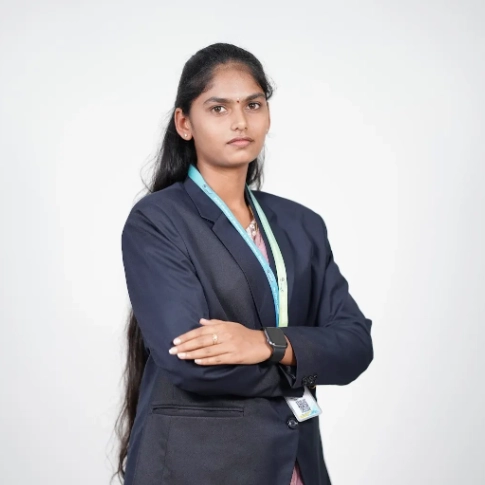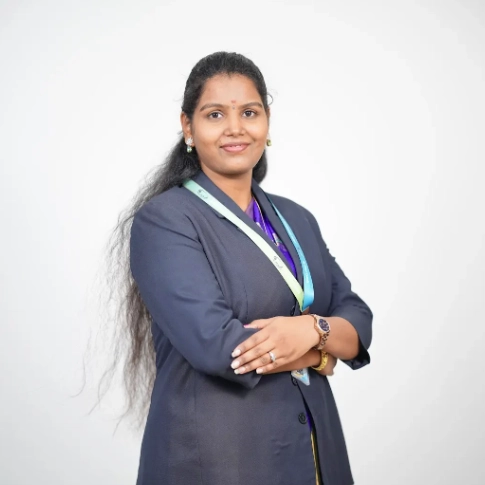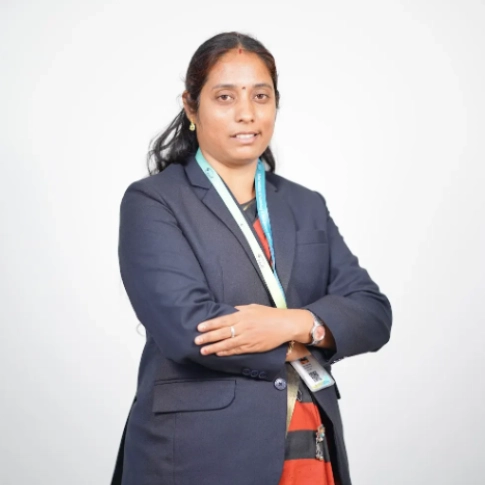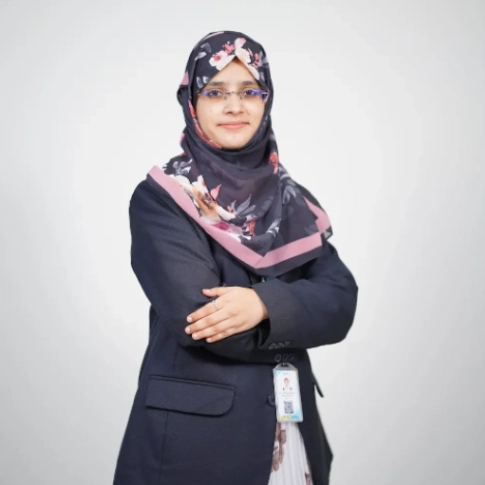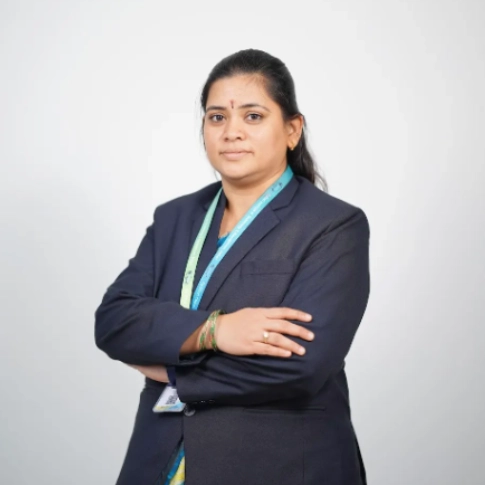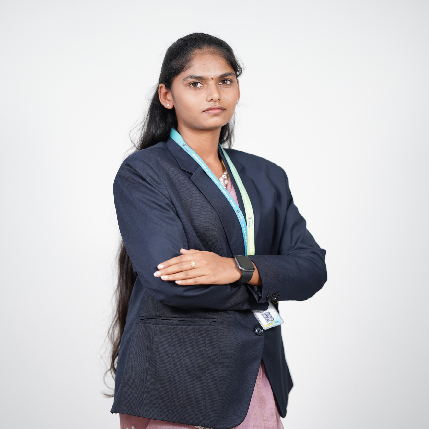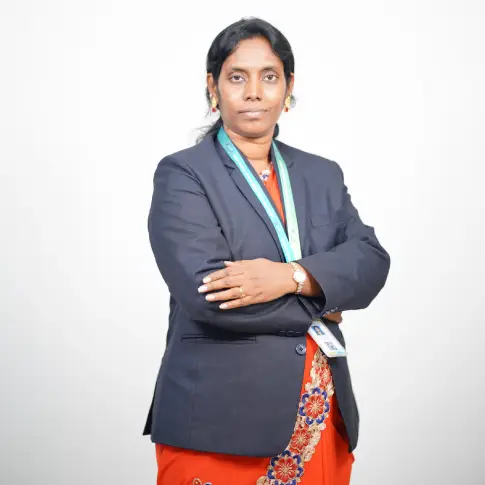Programme Level
Under Graduate
Duration
4 Years
About the Programme
Program Overview
The Artificial Intelligence & Machine Learning (AIML) program at Ballari Institute of Technology & Management (BITM) offers comprehensive education at both undergraduate (B.E.) and Ph.D. levels. The B.E. program, spanning four years, provides a strong foundation as per the industry requirements.
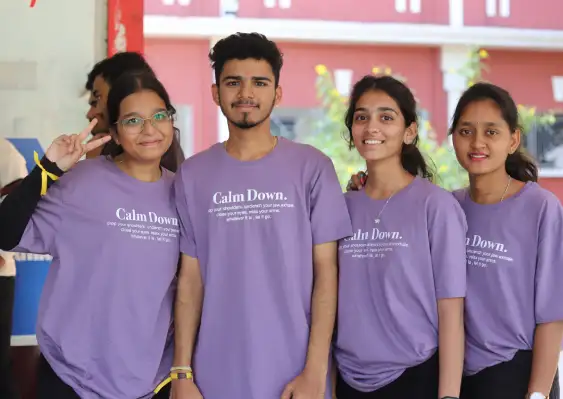
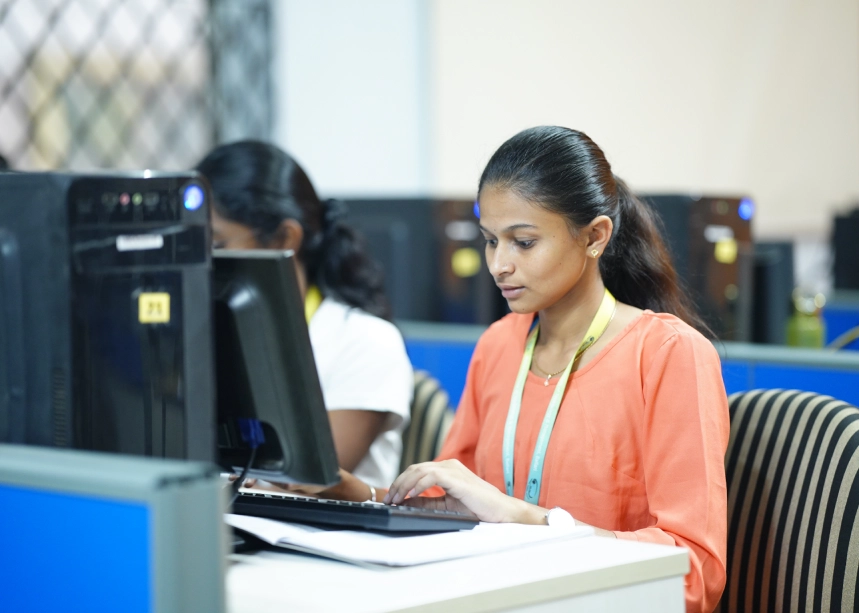
The curriculum emphasizes practical learning through labs, projects, and internships, preparing graduates for careers in software development.
The department has signed MoU’s with infosys, RPA to provide training and internships. The department regularly conducts workshops for students and faculty, student development programs, faculty development programs. The students are encouraged and motivated to participate in conferences, workshops, training programs, and hackathons conducted in the institute as well as outside.
Eligibility Criteria
Students who have passed Karnataka 2nd PUC/ 12th Std, / 10+2 / Intermediate or equivalent exam with Physics & Mathematics along with Chemistry/ Computer Science / Biology and any other optional subject with English as one of the languages of study and should have obtained a minimum of 45% marks. For SC/ST & other backward classes of Karnataka students only, the minimum marks is 40% in aggregate in the optional subjects in the qualifying examination, irrespective of marks obtained in the Common Entrance Test / COMED-K/ AIEEE. (Eligibility as per the Govt. Norms from time to time.)
Career Options
A degree in Artificial Intelligence & Machine Learning
Program Fees
Duration
4 Years
Program
Artificial Intelligence & Machine Learning (AIML)
Type
- SNQ
- CET
- COMED-K
- MANAGEMENT
Amount
- Rs. 46,360/-
- Rs. 1,22,495/-
- Rs. 3,070,87/-
- Rs. 2,65,000/-
Admission Process
Students who have passed Karnataka 2nd PUC / 12th std / 10+2 / Intermediate or equivalent exam with Physics & Mathematics along with Chemistry / Computer Science / Biology and any other optional subject with English as one of the languages of study and should have obtained a minimum of 45% marks.
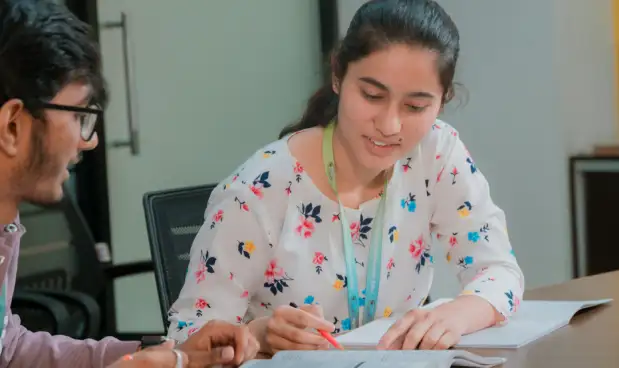
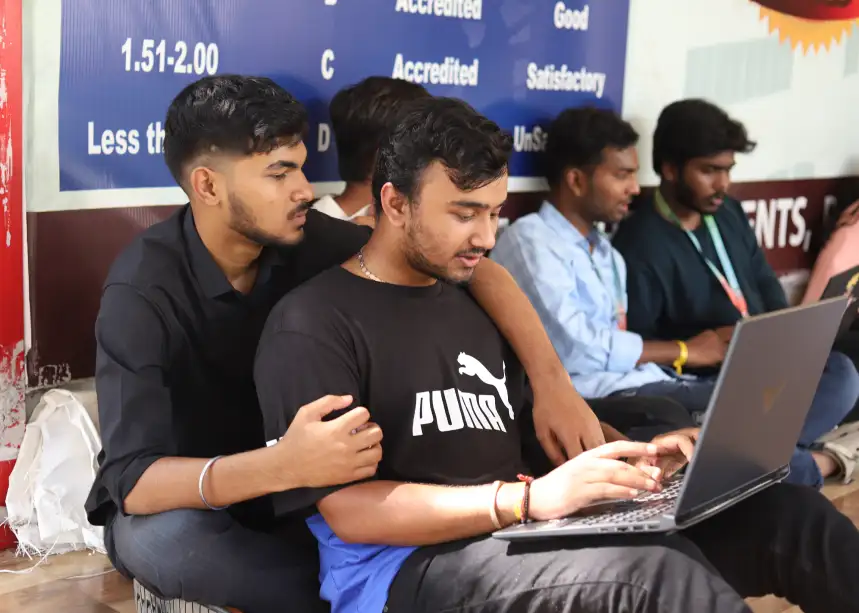
For SC/ST & Other backward classes of Karnataka students only, the minimum marks is 40% in aggregate in the optional subjects in the qualifying examination, irrespective of marks obtained in the Common Entrance Test / COMED-K / AIEEE / any other equivalent entrance examinations. (Eligibility as per the Govt. Norms from time to time).
Programme Educational Objectives (PEOs)
PEO-1
Accomplish a progressive career by applying fundamental principles and design methodologies of computer science and engineering.
PEO-2
Provide practical solutions to solve problems of industry and society at large.
PEO-3
Exhibit professionalism through managerial skills and develop innovative products.
Program Curriculum 2022 Scheme
| Sl No | Course code | Course Name |
|---|---|---|
| 1 | 22MATS11 | Mathematics for CSE Stream-I |
| 2 | 22PHYS12 | Physics for CSE stream |
| 3 | 22POP13 | Principles of Programming Using C |
| 4 | 22ESC14x | Engineering Science Course-I |
5 |
22ETC15x | Emerging Technology Course-I |
Or |
||
| 22PLC15x | Programming Languages Course-I | |
| 6 | 22ENG16 | Communicative English |
| 7 | 22KSK17 22KBK17 |
Samskrutika Kannada/ Balake Kannada |
Or |
||
| 20ICO17 | Indian Constitution | |
| 8 | 2IDT18 | Innovation and Design Thinking |
Or |
||
| 22SFH18 | Scientific Foundations of Health | |
| Sl No | Course code | Course Name |
|---|---|---|
| 1 | 22MATS21 | Mathematics for CSE Stream -II |
| 2 | 22PHYS22 | Physics for CSE Stream |
| 3 | 22POP23 | Principles of Programming Using C |
| 4 | 22ESC24x | Engineering Science Course-II |
| 5 | 22ETC25x | Programming Language Course-II |
Or |
||
| 22PLC25x | Emerging Technology Course-II | |
| 6 | 22PWS26 | Professional Writing Skills in English |
| 7 | 22KSK2722KBK27 | Samskrutika Kannada/ Balake Kannada |
Or |
||
| 20ICO27 | Indian Constitution | |
| 8 | 22IDT28 | Innovation and Design Thinking |
Or |
||
| 22SFH28 | Scientific Foundations of Health | |
| Sl No | Course code | Course Name |
|---|---|---|
| 1 | 22MDA31 | Graph theory and Discreet Mathematical Structures |
| 2 | 22AI32 | Digital System Design and Computer Organization |
| 3 | 22AI33 | Operating System |
| 4 | 22AI34 | Data Structures and Applications |
| 5 | 22AIL35 | Data Structures Lab |
| 6 | 22AI36 | ESC/ETCbr /LC Object Oriented Programming With JAVA |
| 7 | 22SC37 | Social Connect and Responsibility |
| 8 | 22AI38X | Ability Enhancement Course / Skill Enhancement Course - III |
| 9 | 22NS39 | National Service Scheme (NSS) |
| 22PE39 | Physical Education (PE) (Sports and Athletics) | |
| 22YO39 | Yoga |
| Sl No | Course code | Course Name | |
|---|---|---|---|
| 1 | 22BB41 | Biology for Engineers | |
| 2 | 22AI42 | Principles of Artificial Intelligence | |
| 3 | 22AI43 | Database Management Systems | |
| 4 | 22AI44 | Analysis and Design of Algorithms | |
| 5 | 22AIL45 | Algorithms Lab | |
| 6 | 22AI46X | ESC/ETC/PLC | |
| 7 | 22PSW47 | Professional Skills for the work place | |
| 8 | 22UH48 | Universal human values course | |
| 9 | 22NS49 | National Service Scheme (NSS) | |
| 22PE49 | Physical Education (PE) (Sports and Athletics) | ||
| 22YO49 | Yoga | ||
Engineering Science Course (ESC/ETC/PLC) |
|||
| 22AI461 | System Software | 22AI462 | Object Oriented Programming with Python |
| 22AI463 | Introduction to Data Analytics | ||
| Sl No | Course code | Course Name |
|---|---|---|
| 1 | 22AI51 | Software Engineering & Project Management |
| 2 | 22AI52 | Computer Networks |
| 3 | 22AI53 | Machine Learning |
| 4 | 22AIL54 | Machine Learning Lab |
| 5 | 22AI55X | Professional Elective Course |
| 6 | 22AIMN56 | Mini Project |
| 7 | 22ADA57 | Ability Enhancement Course / Skill Development Course |
| 8 | 22ES58 | Environmental Studies |
| 9 | 22NS59 | National Service Scheme (NSS) |
| 22PE59 | Physical Education (PE) (Sports and Athletics) |
|
| 22YO59 | Yoga | |
PROFESSIONAL ELECTIVE COURSES |
||
| 22AI551 | Automata Theory & Compiler Design | |
| 22AI552 | Computer Graphics & Visualization | |
| 22AI553 | NoSQL | |
| 22AI554 | UI / UX | |
| Sl No | Course code | Course Name |
|---|---|---|
| 1 | IPCC 22AI61 |
Cloud Computing with AWS |
| 2 | PCC 22AI62 |
Android Mobile Application Development |
| 3 | PEC 22AI63X |
Professional Elective Course |
| 4 | OEC 22EC64X |
Open Elective Course |
| 5 | PROJ 22AIP65 |
Project Work – Phase I |
| 6 | PCCL 22AILL66 |
Android Mobile Application Development Laboratory |
| 7 | AEC 22RM67 |
Research Methodology & IPR |
| 8 | 22NS68 | National Service Scheme (NSS) |
| 22PE68 | Physical Education (PE) (Sports and Athletics) |
|
| 22YO68 | Yoga for a better life | |
PROFESSIONAL ELECTIVE COURSES |
||
| 22AI631 | DevOps | |
| 22AI632 | Natural Language Processing | |
| 22AI633 | Data Visualization with Power BI | |
| 22AI634 | Block Chain Technology | |
OPEN ELECTIVE COURSES |
||
| 22AI641 | Data Structures and Applications | |
| 22AI642 | Data Base Management System | |
| 22AI643 | Operating System | |
| 22AI644 | UI / UX | |
Faculty
Admission to Higher Semester:
- After the announcement of the reopening date of the college, the candidates have to register for the admission with an application enclosing all the photos copies of previous semesters marks card/s through their department HOD and they have to pay the applicable Tuition Fees / Registration Fees within a week of reopening the institute for class work.
- The students who fail to register within the first week of re-opening, the student will be charged a penalty
- The names of the students will be deleted, in case they fail to register as per the schedule
- Any financial matters are required to be referred to the principal only
- Once the student is admitted he/she will be under the guidance of the department and all the academic matters should be addressed through the Head of the department only.
- Students are expected to maintain discipline in the college campus & not to indulge in “Ragging Activities”.
FAQs
A degree in CSE (AI & ML) opens doors to roles like data scientist, AI engineer, machine learning engineer, and research scientist, as well as opportunities in sectors such as healthcare, finance, automotive, and entertainment.
While traditional computer science focuses on software development and problem-solving, AI & ML emphasize creating systems that can learn and make data-driven decisions independently, which is essential for applications like predictive analytics, computer vision, and more.
Coding is essential, but CSE (AI & ML) also involves problem-solving, statistical analysis, and an understanding of data patterns. It combines technical skills with a focus on real-world applications, creativity, and critical thinking.
CSE (AI & ML) emphasizes ethical AI practices and sustainable computing. As AI systems impact society, professionals must consider factors like data privacy, fairness, and energy efficiency.
CSE (AI & ML) intersects with fields like robotics, bioinformatics, and neuroscience, allowing for research and development of systems that can, for example, assist in medical diagnostics, create intelligent automation, or enhance human-computer interaction.
By developing intelligent computing systems, CSE (AI & ML) helps solve global challenges—ranging from climate change modelling to advancements in healthcare diagnostics, aiding in the transformation of various sectors.


